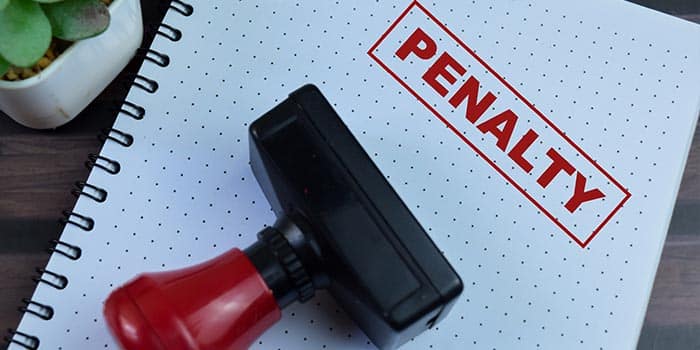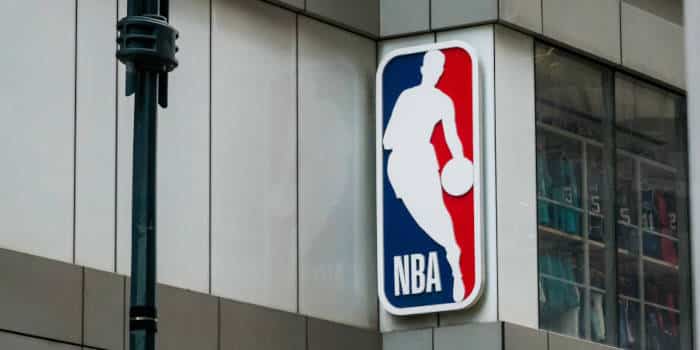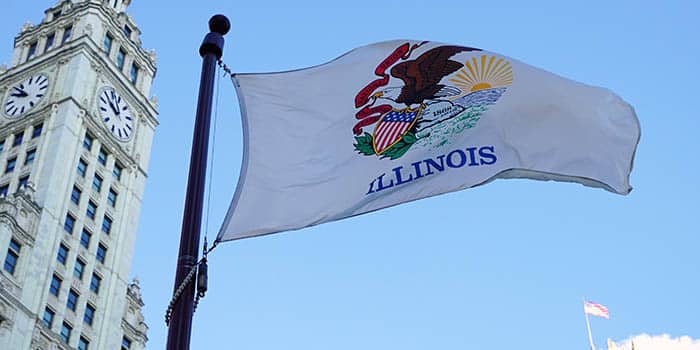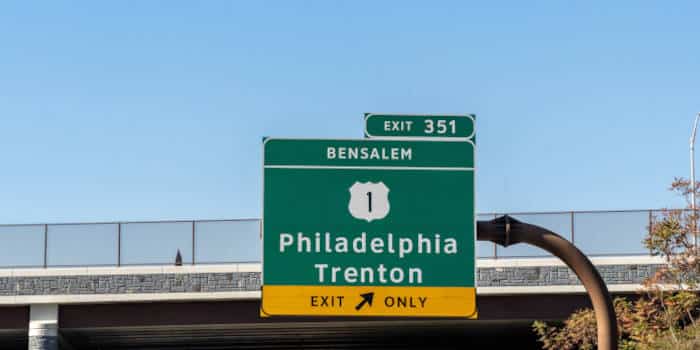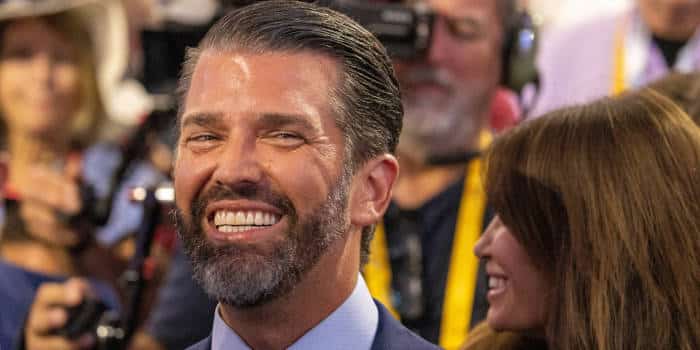- Casino
- By State
- Alabama
- Alaska
- Arizona
- Arkansas
- California
- Colorado
- Connecticut
- Delaware
- Georgia
- Florida
- Hawaii
- Idaho
- Illinois
- Indiana
- Iowa
- Kansas
- Kentucky
- Louisiana
- Maine
- Massachusetts
- Maryland
- Michigan
- Minnesota
- Mississippi
- Missouri
- Montana
- Nebraska
- Nevada
- New Hampshire
- New Jersey
- New Mexico
- New York
- North Carolina
- North Dakota
- Ohio
- Oklahoma
- Oregon
- Pennsylvania
- Rhode Island
- South Carolina
- South Dakota
- Tennessee
- Texas
- Utah
- Vermont
- Virginia
- Washington
- West Virginia
- Wisconsin
- Wyoming
- By State
- Slots
- Poker
- Sports
- Esports
Virginia to Seek and Legalize Gambling Machines after All

Virginia may reconsider and allow skill-based slot machines to stay operation after the cut-off date of July 2021, given their contributions to the state’s tax budget.
Gaming Machines of Skill Boost Virginia’s Coffers
A proposed ban on Virginia’s skill-based slot machines may be delayed as Virginia wrestles with its worst economic downturn and looks for alternative sources of income.
Many small businesses have turned to slot machines which began mushrooming across numerous venues in the state against an ill-defined legal backdrop that has caused the latest polemic involving calls for their removal.
Yet, for many business owners, these gaming machines have been a source of lifeline revenue and a way to stay in business. The state saw a massive inundation of such electronic slots in 2017 and the machines have continued to mushroom all over Virginia.
While the distribution and operation of such slot machine is prohibited by the commonwealth’s existing statures, owners have argued that because of an inherent “skill element” of the games they were offering, they were exempt from that rule. This makes slot machines a “grey area market.”
The General Assembly seems to not agree with this statement as it almost banned the machines in 2020 but the financial urgency of the Covid-19 outbreak has made even the most stubborn lawmaker take a step back and rethink.
Aiding the State Budget
Gov. Ralph Northam has also weighed in asking legislators to allow slot machines to run for at least an extra year so that revenue can prop up some of the damages inflicted by the pandemic, and further seek to help businesses go through this difficult patch.
This has been the right call, as the machines have contributed an estimated $90 million in tax revenue helping with relief efforts. While the sum isn’t too impressive, it has shown the potential of legalizing gambling machines and using tax dollar to douse the fires stoked by state-wide shutdowns that have turned many out of work.
One of the main arguments against the slot machines was that they would tank Virginia Lottery ticket sales, but this surprisingly didn’t quite come true. That was mostly to the fact that the two verticals attract slightly different people to begin with.
Meanwhile, Virginia has been pushing towards sports betting, an activity that is estimated to easily rival slot machines in terms of tax revenue. Virginia should have wagering set up ahead of the Super Bowl, although some details remain to be thrashed out.
The Debate to Ban Skill Gaming Machines
What’s next for Virginia is a date. The temporary legal exemption that owners of such gaming machines received will come to an end on July 1 and with it, business venues will have to shut down their machines, leading to millions in lost revenue.
For this legislative session, lawmakers will have to debate whether the benefits outweigh the drawbacks. Meanwhile, legislators, such as Paul Krizek, have been introducing bills aimed at the legalization of the activity.
It’s interesting to note that distribution of gaming machines has already been halted. Virginia prohibited manufacturers from delivering and owners from adding to their machines in July 2020, meaning that the state has not quite been going at its full potential in terms of gaming machines revenue.
Maximum Capacity and Tax Distribution
According to official state numbers there are some 87 distributors and 10,291 machines as of now. In fairness, the state is claiming a fair chunk of the income. An estimated 35% of the revenue of such gaming machines is taxed and businesses have to pay additional fees on each machine.
It’s not smooth sailing for owners, but it’s a lifeline that is keeping them afloat and allowing them to fend for themselves at a time when many others are turning to federal help that has been long in the coming.
Krizek’s bill is not a save-it-all solution for the industry, but it promises some fairness. For starters, it will phase out some of the machines, and allow only 90% of the current capacity, or around 9,000 machines.
In addition, the bill sets out rules for the taxation and how tax dollar is distributed. According to Krizek, 1% should go to address problem gambling and 33% to localities where gambling machines are related.
The bill also notes that 3% should go to the ABC, tasked with monitoring the machines and ensuring their fairness, and 1% should then go to the Family and Children’s Trust Fund. Another 2% will be earmarked for the Virginia Breeders Fund and then 60% will be placed with the Commonwealth Transportation Fund.
The Question of Legalization Remains Open
Some business owners have said that the state might be a little reluctant to empower gaming machines by too much, as casinos are soon to arrive in Bristol, Danville, Norfolk and Portsmouth.
However, according to Queen of Virginia Skill general manager Jeanna Bouzek the state should embrace gambling machines of skill, as they constitute a brand-new source of revenue that will only complement any additional gambling activity, such as lottery, sports and casino.
Some have cautioned that giving such gaming machines too much clout would endanger the ongoing efforts to legalize casino and sports gambling in their localities, which could ultimately be much bigger drivers of revenue.
Business owners have responded by arguing that what legislators should do is allow such machines to open legally in whitelisted regions so as to avoid conflicting with other planned gambling operations in the vicinity.
Mike made his mark on the industry at a young age, consulting for companies that would later become regulators. As one of the lead editor of Gambling News, he dedicates his weekdays to this project, aiming to educate the masses on the latest developments in the gambling circuit. His expertise and passion for the industry make him an invaluable asset to our team.
Must Read
More Articles





Casino
June 30, 2025
Wynn COO Vows Change Amid Ongoing Regulatory Pressure

Casino
June 30, 2025
Man Admits to Laundering Cocaine Money Through Casinos

Industry
June 27, 2025
Las Vegas Sphere Bashed for Charging $170 for Pizza

Casino
June 27, 2025
MGM Yonkers Files $2.3B New York Casino License Bid


